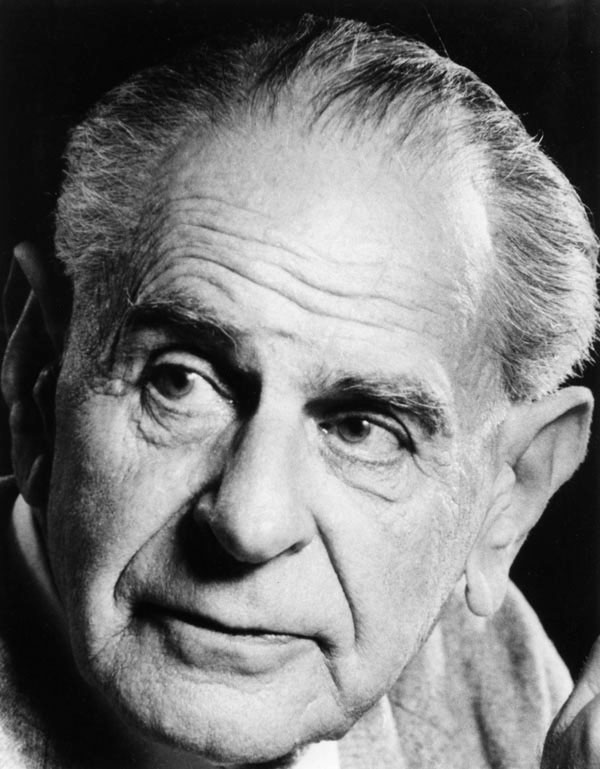Introduction "On The Sources of Knowledge and of Ignorance" Section XVII, p. 30 Variant translation: I believe it is worthwhile trying to discover more about the world, even if this only teaches us how little we know. It might do us good to remember from time to time that, while differing widely in the various little bits we know, in our infinite ignorance we are all equal.
If we thus admit that there is no authority beyond the reach of criticism to be found within the whole province of our knowledge, however far we may have penetrated into the unknown, then we can retain, without risk of dogmatism, the idea that truth itself is beyond all human authority. Indeed, we are not only able to retain this idea, we must retain it. For without it there can be no objective standards of scientific inquiry, no criticism of our conjectured solutions, no groping for the unknown, and no quest for knowledge.
Conjectures and Refutations: The Growth of Scientific Knowledge (1963)
